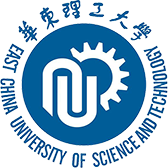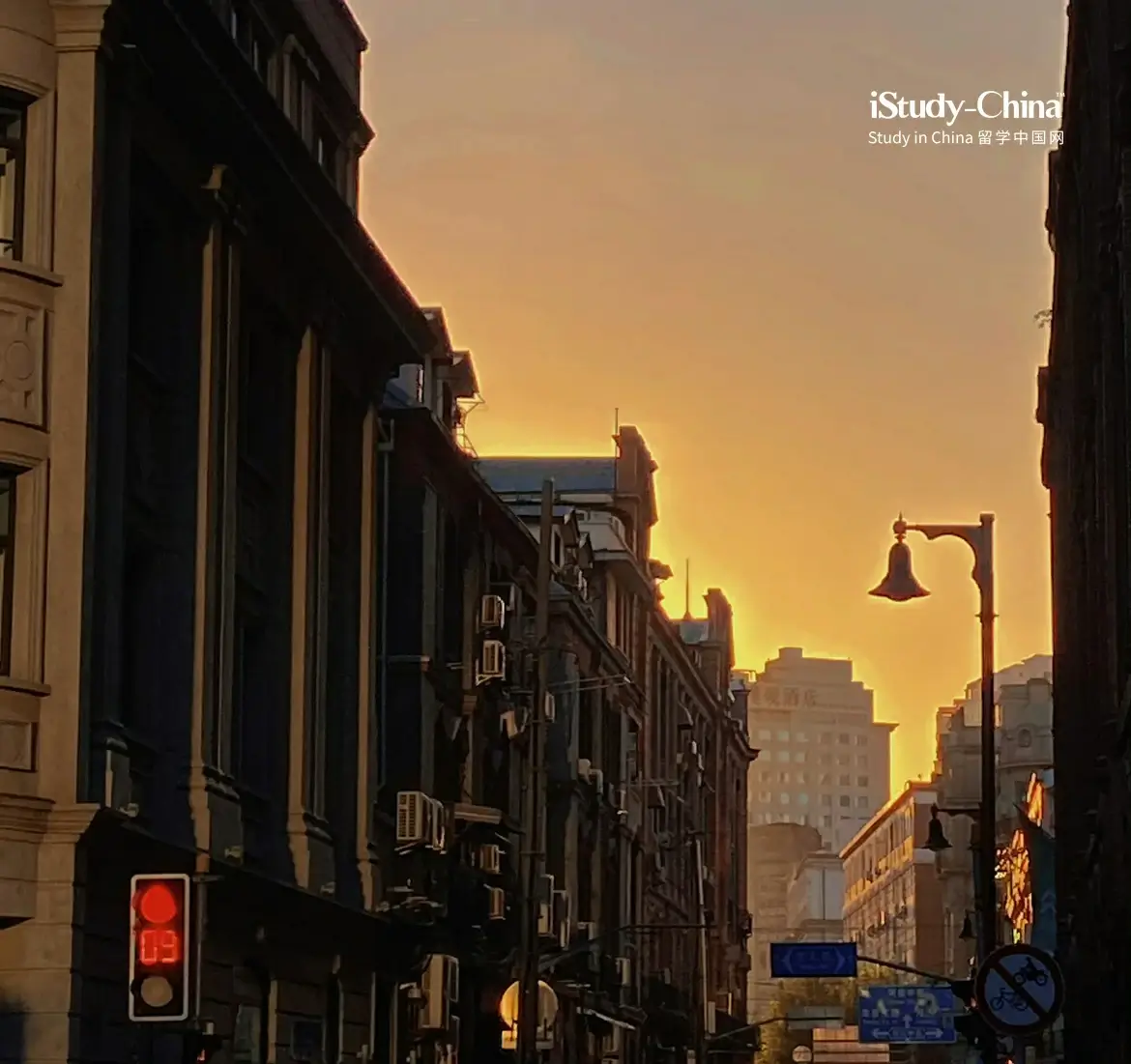School Badge

About East China University of Science and Technology
Located in the southwest of Shanghai, a center of commerce, finance, culture and industrial production of China, East China University of Science and Technology is a dynamic and prominent research-intensive university with high teaching quality.ECUST is comprised of more than 1.7 million square meters on 3 campuses. The main campus, being 17 kilometers from Hongqiao Airport and 45 kilometers from Pudong International Airport, is situated in the prosperous and energetic Xuhui District. In addition to its downtown location, the university also features two other campuses in Fengxian and Jinshan District.
The history of education of the university can be dated back to Nanyang Public School (1896) and Université d’Aurora (1903). The university was officially founded in 1952 after the mergence of chemical or chemistry departments from Jiaotong University, Université d’Aurora, Utopia University, Soochow University and Jiangnan University, and became the first chemical industry oriented university in China named as East China Institute of Chemical Technology.
With the value of “Diligence, Factuality, Aspiration and Virtue”, ECUST has always been making every endeavor to develop its united and pioneering spirit since its establishment, and is dedicated to providing its students with advanced knowledge and skills in an academic environment full of intellectual stimulation and scientific innovation.
Today, the university has 17 academic schools, together with the MOE-approved Sino-French joint school, International Elite Engineering School. A wide range of programs, covering 11 disciplines, namely science, engineering, agriculture, medicine, economics, management, literature, law, art, philosophy and education, is offered to cater to the demands of the society and to prepare the students for an ever-changing global context. Chemistry is among Top 1‰ of World ESI Ranking, and Materials Science, Engineering, Biochemistry and Biology, Pharmacology and Toxicology, Agricultural Science, Computer Science, Environment/Ecology have walked into Top 1% group. Besides the education carried out in China, ECUST also takes initiative going global by establishing China’s first International Business School in Sibiu, Romania and building the first Confucius Institute featured in Science and Technology Innovation with the University of Huddersfield in UK.
Housing one Joint Research Center headed by 2016 Nobel Laureate in chemistry Ben Feringa, one Research Center of Contracts and Governance named after 2016 Nobel Laureate in Economics Sciences Oliver Hart, together with five international joint laboratories, the university aims at global frontiers of science and technology and committed to high-level joint education and research for building a better shared future of mankind.
The current number of students has been around 28346, including over 11,500 postgraduates. The faculty and staff members has reached 3098 among whom there are more than 1200 professors and associate professors.







